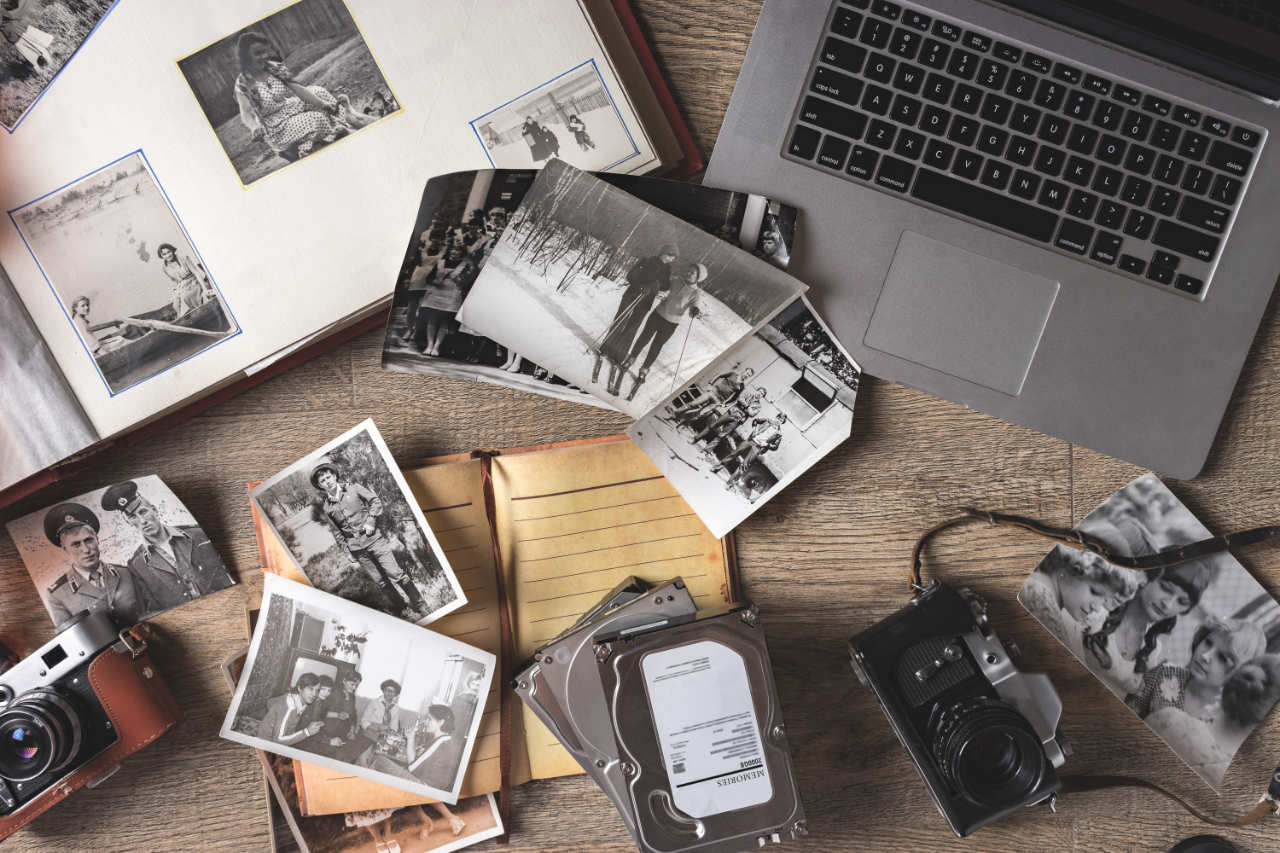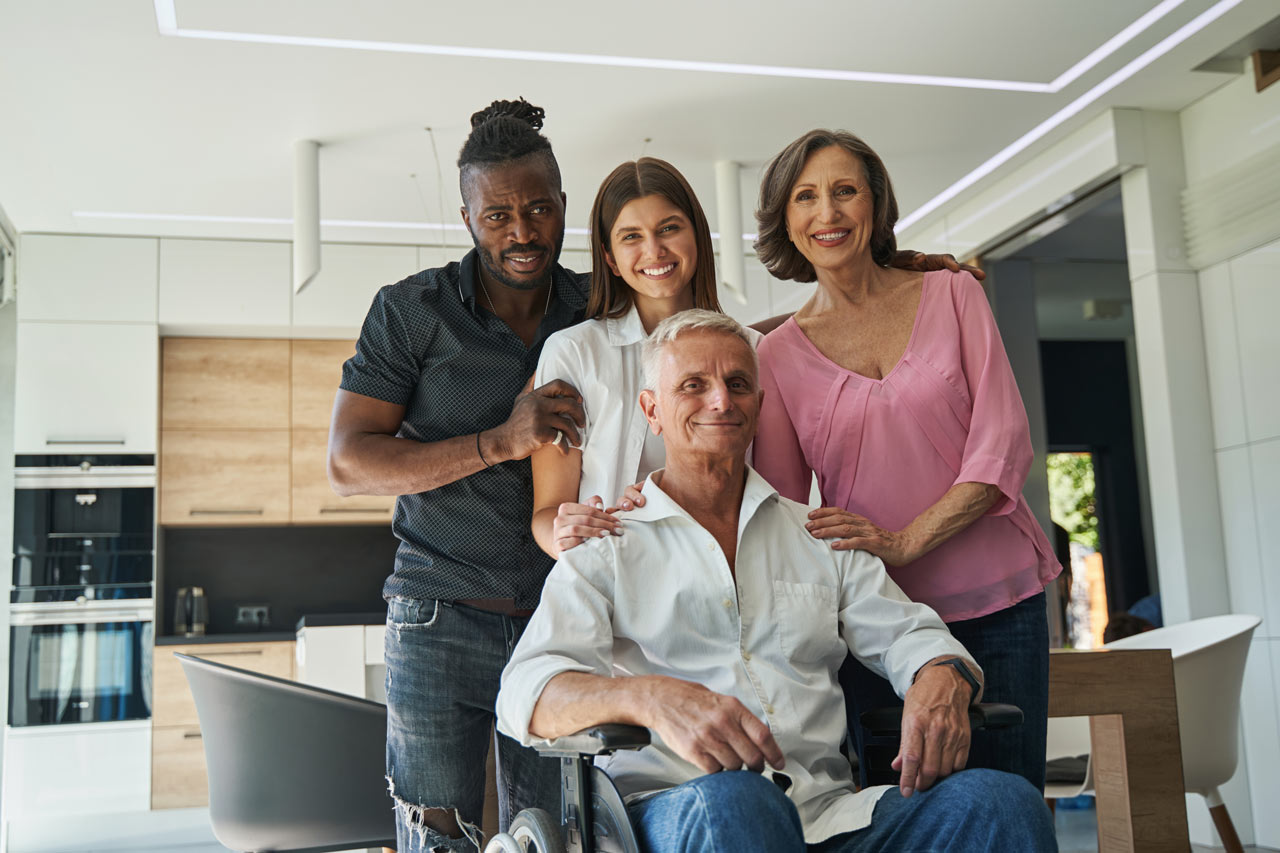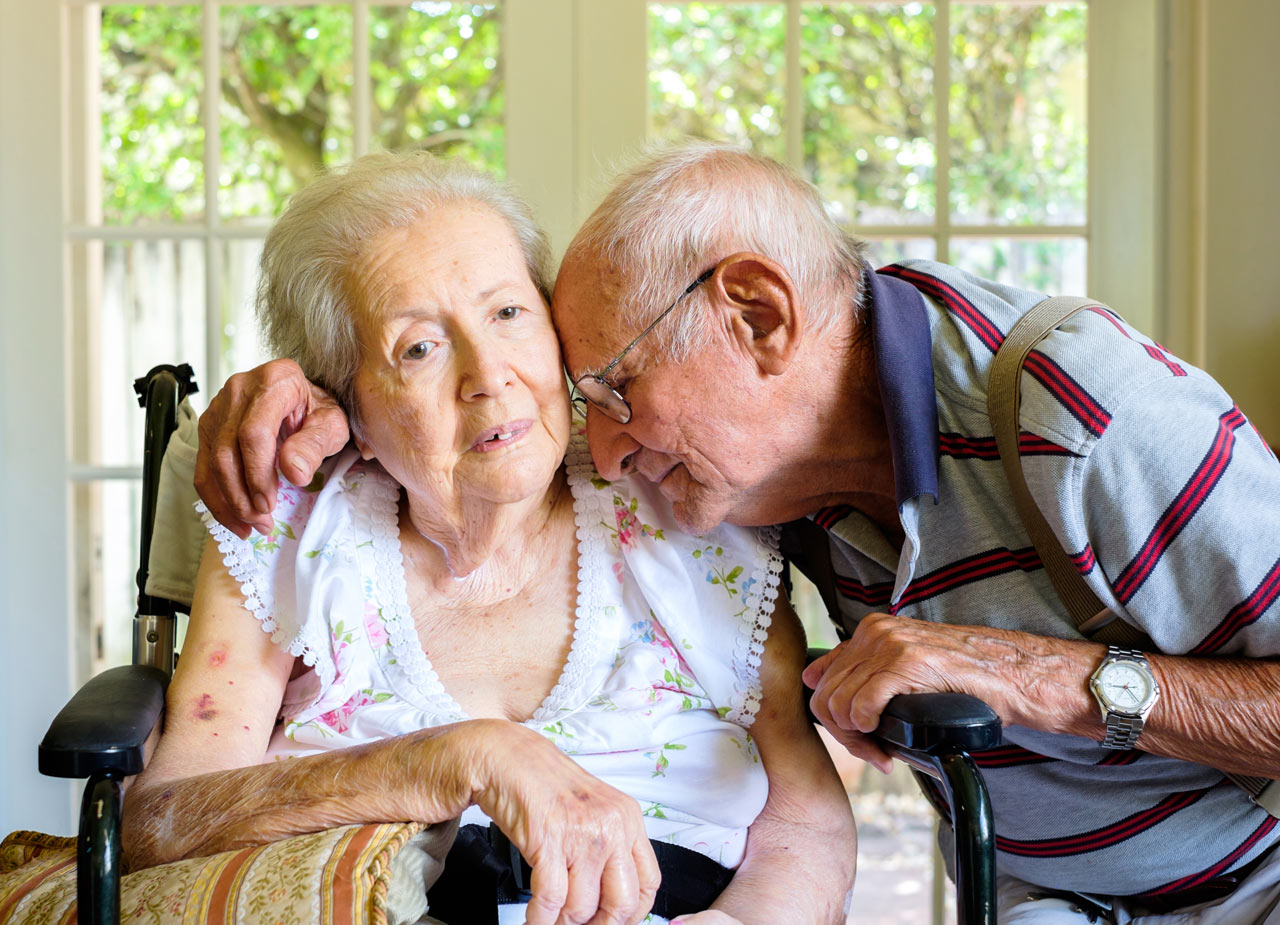How the CDPAP Program can change your life
You are overburdened, to put it mildly. You care for your own family. You have a job. You have a household, bills, medical care, and health of your own to deal with. And you have to do all of this for your mother, as well.
You manage her paperwork. You make her medical appointments. You make sure her prescriptions are filled, her refrigerator is full, her mail is attended, her banking is done, and her bills are paid. You are the liaison for the home care agency and all the doctors.
You are the one whom everyone in the family calls before scheduling a visit. You are the one whom they call with concerns about her safety. You have to listen to all their ideas about what to do for her. You feel like you are on the firing line very often, having to field all the calls, do the work, and then get questioned by all and sundry.
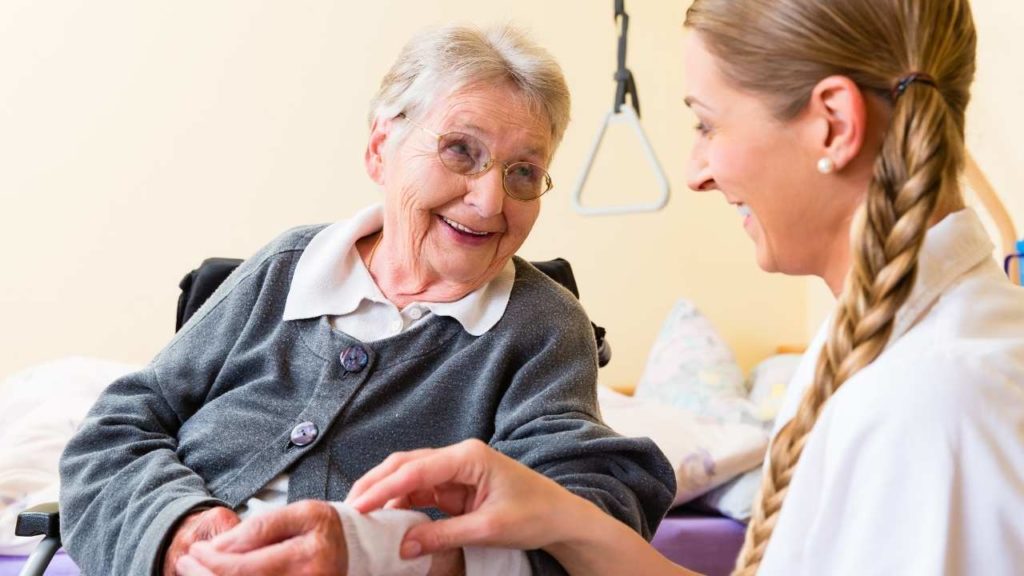
You do have your own worries related to your mom. You have some concerns about some of the aides. You have installed cameras and security devices but facts are facts. Your mother is letting a stranger into her home regularly and is at the mercy of the home health aide. What if she is not talking to her nicely? What if she spends her time watching TV in the other room? What if she is on her phone all the time beyond the range of the camera?
Imagine if the person in the house was a family member. Someone who knows your mother and you? Someone you trust? Someone who cares about your mother?
You would feel so much more confident about her safety. You would feel so much more confident about all those hours being spent on your mother’s needs. You would feel confident that all tasks were done with care. You would feel confident that every effort was made to engage your mother and interest her in activities, hobbies, and pursuit. You would feel confident that she was spending her day happily stimulated, in the house. You would feel confident that she was taken outdoors as often as possible. You would feel that she was aging in place successfully.
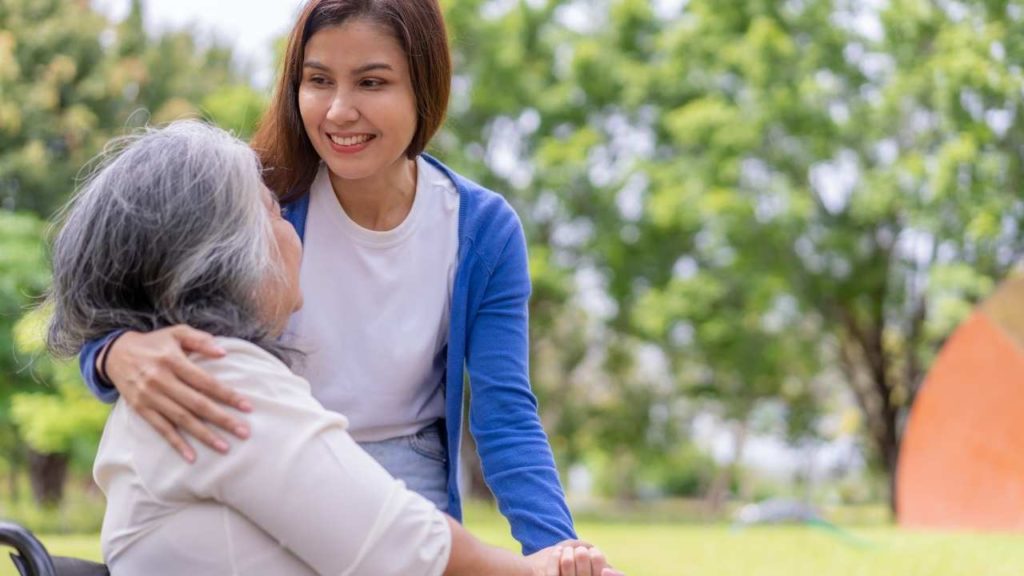
She would take the initiative and be in touch even when things were status quo. She would take the initiative and introduce new games, music, and activities that your mother would enjoy. She would be reliable and resourceful. She would complete all the tasks in the care plan and then a lot more.
Your life would change. You would be able to do your paid job with less worry. Your family members would not stress you out with their calls, texts, and messages. You could manage all the responsibilities you have more effectively. You might even take a break with your partner and get away for a few days. You would not be wiped all the time, physically and emotionally.
CDPAP relieves the burden by allowing your mother or you to be the employer. That means you choose the caregiver. You choose the backups. You determine the schedule. You sign the time sheets and hold the caregiver accountable.
You or your mother will have some responsibility. You or your mother will need to sign time sheets and ensure compliance with the NYS Department of Health regulations in which you will be trained. Nevertheless, you will be in charge. It’s a small price to pay for peace of mind and excellent care giving.
What is CDPAP? Find out more about CDPAP from our CDPAP Articles and CDPAP Guides
- Apply for CDPAP here
- Read Stress Less with CDPAP Home Care
- Read Seven Tips to Improve Communication with Your Parent’s Caregivers
- Learn more – A QUICK GUIDE to joining the CDPAP Program in New York
- What are the The Realities of CDPAP?
- So, You Want to be a Paid Caregiver in the CDPAP Program?
- How does CDPAP help my family?
- Would you like to find out Will I Qualify for CDPAP?


